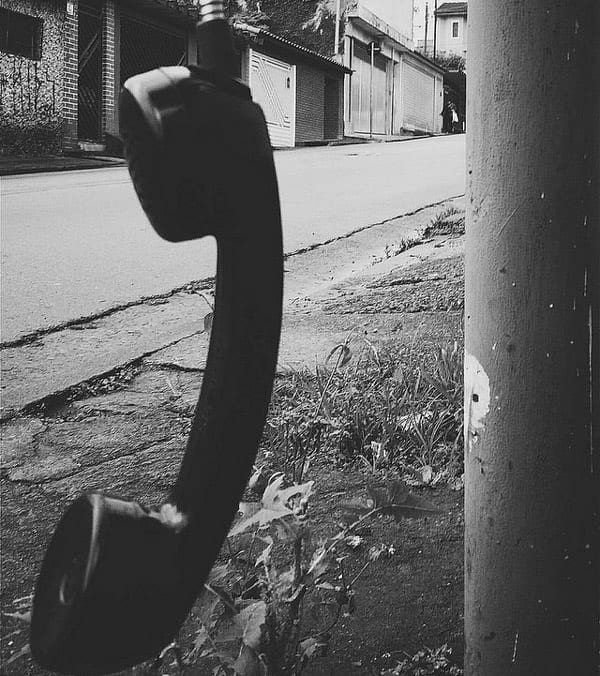
March 6, 2019; Minnesota Public Radio, abc7 Chicago
It cannot be a good thing that the Federal Student Aid website for the office of the US Department of Education has a whole page dedicated to Argosy University and Art Institute, which includes the link to a letter that states, “Argosy Does Not Meet the Fiduciary Standard of Conduct.”
That’s a bit of an understatement. Argosy is a for-profit collection of university campuses owned by Dream Center Education Holdings (DCEH). In January, the school published a letter saying that since DCEH was entered into receivership (meaning that another company had control of their finances until they got their act together), the university was as well.
Also, in January, students began reporting that they had not received their promised financial aid. As it turns out, Argosy spent the money—about $15 million—on other expenses by fudging documents. The Department of Education decided after that to declare Argosy ineligible for federal student aid money, which can be a death blow to schools that rely primarily on tuition to fund their operations.
The Department of Education has denied Argosy University both its application to change ownership and its application to convert from a for-profit to a nonprofit institution. The letter is addressed to the chairman of the school’s holding company and the federal receiver who is presently controlling Argosy and its finances.
The federal receiver was appointed after a vendor sued DCEH and some subsidiaries for lack of payment. DCEH had already been working with the receiver on a plan to cancel some of the debts it is carrying and change ownership of the institutions. The Department of Education was informed about the preliminary plan, after which they advised DCEH and the receiver that, in order to protect students and the taxpayers, the institutions would be required to be placed on a reimbursement payment plan.
The government has not been enthusiastic about for-profit colleges trying to convert to nonprofits, in general. In some instances it appears the only reason for the change was to escape regulatory oversight.
Sign up for our free newsletters
Subscribe to NPQ's newsletters to have our top stories delivered directly to your inbox.
By signing up, you agree to our privacy policy and terms of use, and to receive messages from NPQ and our partners.
Various sources have listed between 13 and 16 Argosy campus sites in eleven states, with headquarters in Los Angeles; the Department of Education lists 22 institutions for the DCEH that are involved in the denial decision. If the school does not appeal by Friday, it must close all its campuses.
Besides the career schools’ failure to adhere to fiduciary standards of conduct, the Department of Education cited deficiencies in “administrative capability, financial responsibility, and the institution’s duty to use federal student aid program funds only for their intended purpose. Argosy’s failure to pay credit balance refunds owed to its students and parents demonstrates that Argosy cannot meet the required standards.”
The letter was copied to the education departments in 14 states as well as the Departments of Defense and Veterans’ Affairs.
The spring semester is already in full swing and about 17,000 students in 34 degree programs are learning that Argosy failed to distribute $16.3 million in federal aid to their accounts and they are not likely to see the funds at all.
Students in the Chicago branch of Argosy who were encouraged to focus on school work and not have jobs did so, and now they have no money for living expenses. “Students rely on this financial aid,” said Zayna Achner. “People are not paying their rent and having to skip meals, and are not able to pay their living expenses and that’s just not OK.”
Students who are close to graduation are not sure whether all their credits will transfer to other colleges. “I’ve already reached out to other institutions, but herein lies the problem with telling a student who’s been here four years that only two courses were transferred; where do you get the rest of the money?” said Angela Champ.
The Department of Education will relieve students of any school debt for the current semester. If the schools close, the students are eligible for discharge on some loans, but only if they do not transfer to another school. According to the department, you may be eligible for a complete discharge of your Direct Loans, Federal Family Education Loan (FFEL) Program loans, or Federal Perkins Loans if:
- Your school closed while you were enrolled, and you didn’t complete your program because of the closure. If you were on an approved leave of absence, you’re considered to have been enrolled at the school.
- Your school closed within 120 days after you withdrew.
The Argosy website does not include any of this current information. It does state that as of April 2017, there have been 101,000 graduates. Thousands of current students will not be added to that number; they will unceremoniously shut out of class, and the faculty and staff will now be looking for work.—Marian Conway













